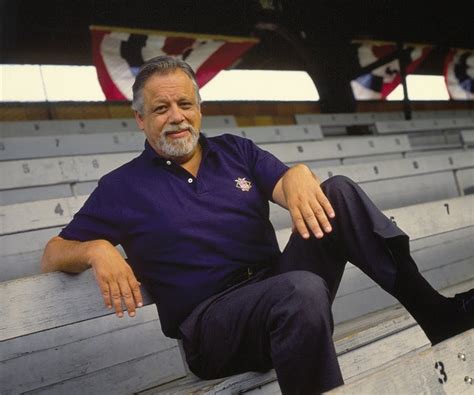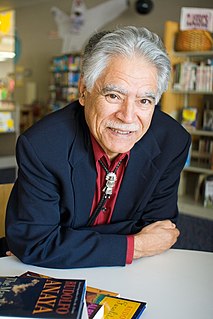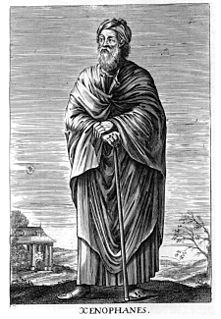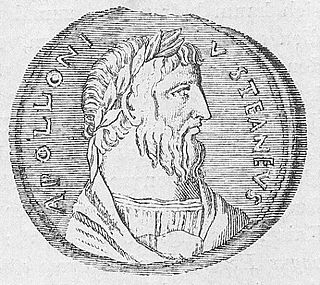A Quote by Rigoberta Menchu
It is said that our indigenous ancestors, Mayas and Aztecs, made human sacrifices to their gods. It occurs to me to ask: How many humans have been sacrificed to the gods of Capital in the last five hundred years?
Related Quotes
The gods have fled, I know. My sense is the gods have always been essentially absent. I do not believe human beings have played games or sports from the beginning merely to summon or to please or to appease the gods. If anthropologists and historians believe that, it is because they believe whatever they have been able to recover about what humankind told the gods humankind was doing. I believe we have played games, and watched games, to imitate the gods, to become godlike in our worship of eachother and, through those moments of transmutation, to know for an instant what the gods know.
Come now: Do we really think that the gods are everywhere called by the same names by which they are addressed by us? But the gods have as many names as there are languages among humans. For it is not with the gods as with you: you are Velleius wherever you go, but Vulcan is not Vulcan in Italy and in Africa and in Spain.
There is one god, greatest among gods and men, who bears no similarity to humans either in shape or thought... but humans believe that the gods are born like themselves, and that the gods wear clothes and have bodies like humans and speak in the same way... but if cows and horses or lions had hands or could draw with the hands and manufacture the things humans can make, then horses would draw the forms of gods like horses, cows like cows, and they would make the gods' bodies resemble those which each kind of animal had itself.
Since it is possible that thou mayest depart from life this very moment, regulate every act and thought accordingly. But to go away from among men, if there are gods, is not a thing to be afraid of, for the gods will not involve thee in evil; but if indeed they do not exist, or if they have no concern about human affairs, what is it to me to live in a universe devoid of gods or devoid of Providence? But Gods there are, undoubtedly, and they regard human affairs; and have put it wholly in our power, that we should not fall into what is truly evil.
The truth wears longer than all the gods; for it is only in the truth's service, and for love of it, that people have overthrown the gods and at last God himself. "The truth" outlasts the downfall of the world of gods, for it is the immortal soul of this transitory world of gods; it is Deity itself.
Sadly enough, my young friends, it is a characteristic of our age that if people want any gods at all, they want them to be gods who do not demand much, comfortable gods, smooth gods who not only don't rock the boat but don't even row it, gods who pat us on the head, make us giggle, then tell us to run along and pick marigolds.






































